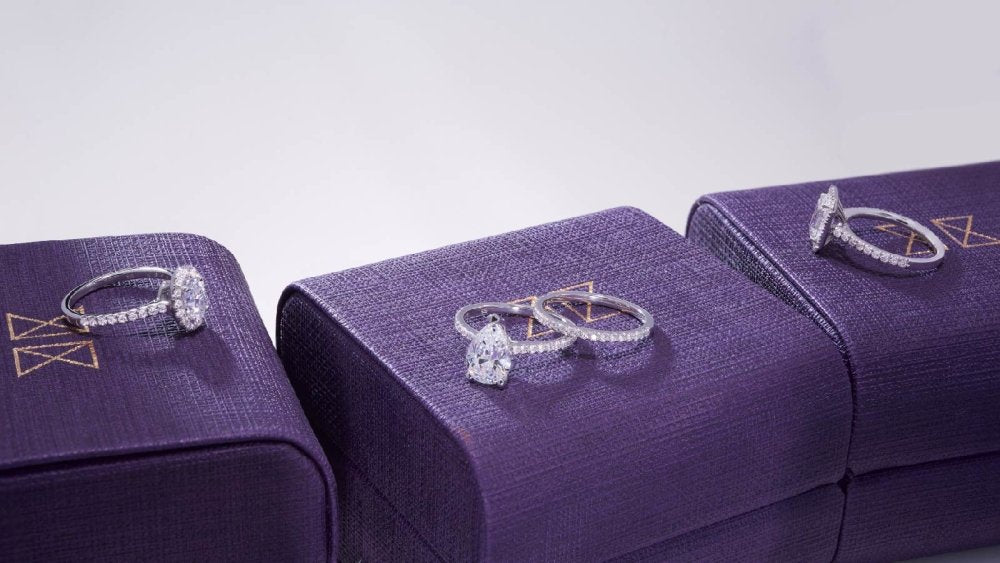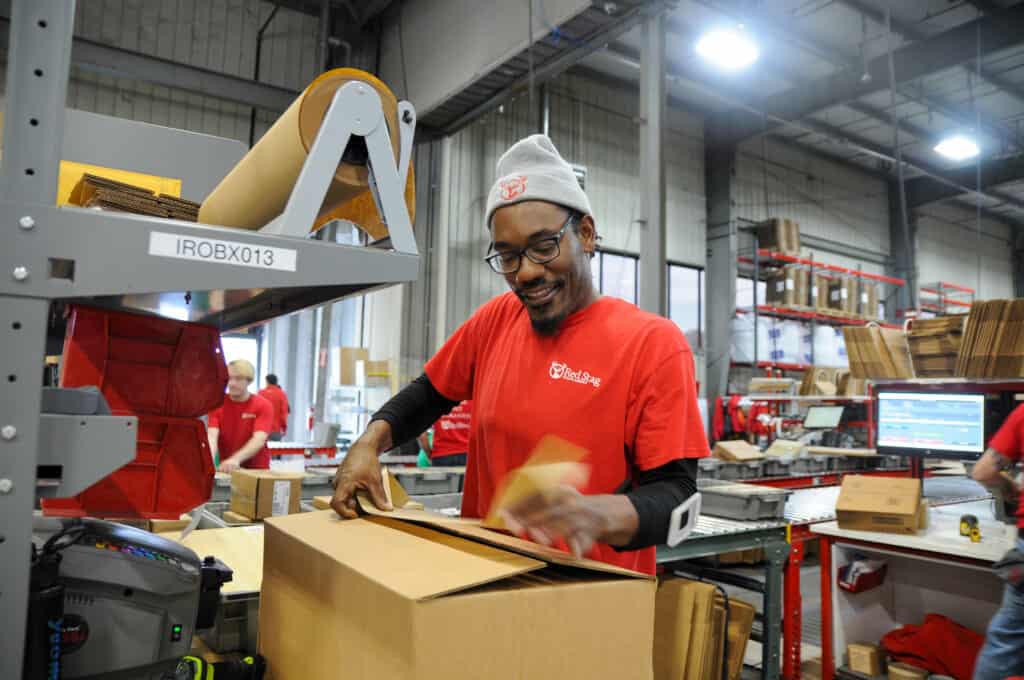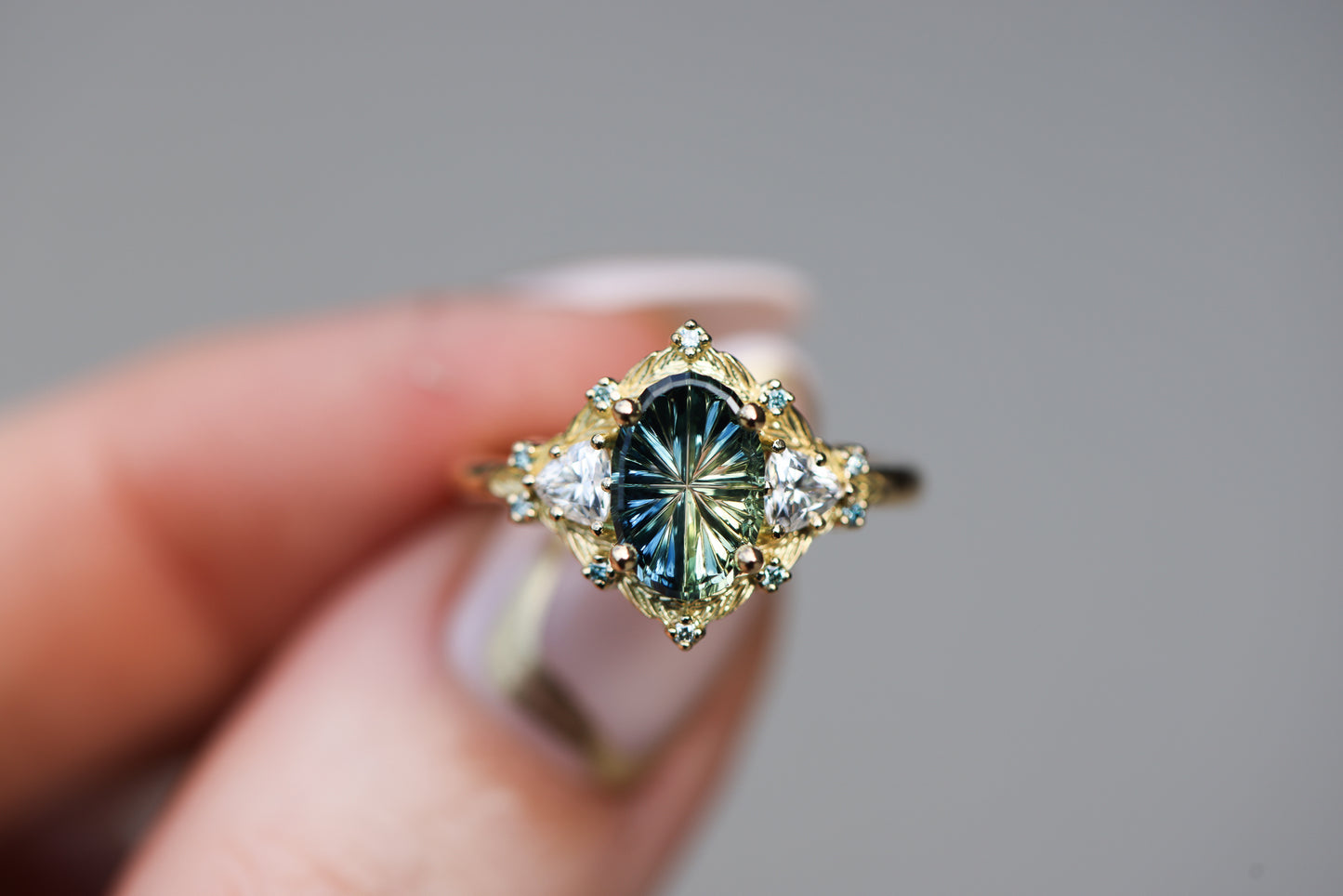Corporate workwear is important, yet it is often overlooked in the complex web of contemporary corporate life, where a variety of elements combine to define the office atmosphere. This blog aims to clarify how workwear affects employee happiness and productivity in a complex way. By exploring the characteristics of fabric technology, customisation possibilities, and ergonomic design, we want to clarify how these components come together to create a cohesive whole that enhances the practical and visual aspects of business wear.
Table of Contents
The Pillar Of Comfort And Efficiency In Design Is Ergonomics
Beyond aesthetics, ergonomic design takes into account practicality and comfort, two factors that are critical for business wear. Creating workwear that is not only professional in appearance but also pleasant and supportive of workers’ physical well-being is a major responsibility of ergonomics, a discipline that studies human interactions in their surroundings.
The exacting attention to detail in the fit and shape of the clothing is essential to ergonomic design. One way to greatly improve comfort levels and lessen wearer fatigue and pain over extended periods of time is by investing in a well-tailored suit or dress that fits the body naturally without restricting mobility. Employees can do their jobs with the least amount of physical strain because to this flawless integration of form and function, which increases productivity.
Moreover, characteristics tailored to the unique requirements of various jobs within the organisational structure are included in ergonomic design. Well-designed corporate workwear, for example, has adjustable components that accommodate different body shapes and sizes, smartly positioned pockets for quick access to tools and gadgets, and materials that promote flexibility and breathability. A workplace where workers may work more comfortably and productively is fostered by ergonomic design by attending to these functional demands.
There is no way to emphasise the psychological effects of ergonomic design. Positive attitudes are linked to increased job satisfaction and performance, and they are more likely to arise in workers who feel free and at ease in their work clothes. Wearing well-made clothing instills a feeling of professionalism and pride that serves to further solidify this optimistic perspective, resulting in a productive and contented cycle.
The Blending of Imagination and Realism in Fabric Technologies
A new age of workwear that blends cutting-edge materials with useful applications has arrived thanks to impressive breakthroughs in the field of fabric technology. Workwear design is greatly influenced by the fabric choice, which has a direct impact on the clothes’ comfort, practicality, and longevity.
The many solutions that are now available to meet the various demands of the corporate workforce are a result of modern fabric technology. For example, textiles that drain away moisture from the body are designed to keep workers dry and comfortable, even under stressful conditions. As a result of these materials’ increased permeability and frequent use of sophisticated polymers, wearers are kept from overheating and may experience continuous comfort throughout the workday.
Antimicrobial textiles, which stop the growth of germs and smells, are another noteworthy invention. As it lowers the danger of diseases and improves cleanliness, this technology is especially useful in work places where personnel interact closely with one another. This maintains the clothing’s lifespan and freshness, which enhances the ambience at work and makes it more comfortable and healthful.
Today’s fabric technologies are very versatile, allowing designers to produce workwear that is both visually beautiful and functional. There is a great deal of customisation possible because to the flexibility to mix and match fibres, add stretch features, and use different finishes. This guarantees that the finished product will satisfy the particular needs of the business setting while still looking polished and professional.
Enhancing Uniqueness and Cohesion via Customisation
Corporate workwear that offers personalisation choices is a major trend, especially in this age of great importance placed on individual expression. Employees might experience a feeling of pride and ownership in their uniforms when they personalise their clothes with a variety of aspects, such as personalised names or emblems, bespoke sizes, and colours.
Personalised clothing guarantees a precise fit on every item, making custom sizing possibly the most basic component of customisation. Employers are seen to be kind and caring by doing this, which also improves attractiveness and comfort. Workers are more likely to feel appreciated and valued when they wear clothes that are made to fit their exact dimensions. This improves their attitude towards their jobs and the company.
Another important factor in fostering cohesiveness and togetherness among employees is the selection of hues and fashions that both respect individual tastes and represent the company’s identity. Slight deviations that accommodate individual preferences might improve employee engagement and satisfaction even if a uniform look is necessary to retain a professional image. One way to encourage workers to exhibit their personality while following to the general dress code is to provide a range of shirt colours or patterns that compliment the corporate palette.
Individuality and belonging are further enhanced by the addition of personal touches, such as handmade accessories or embroidered names. These components improve the relationship between the worker and the company in addition to adding personality to the clothes. Customised workwear may foster a culture of gratitude and loyalty in an office setting by recognising and celebrating each employee’s unique achievements.
Additionally, practical customisations that cater to particular work needs may be included in the personalisation choices. As an example, specific requirements for certain vocations may dictate the inclusion of extra pockets, strengthened seams, or speciality textiles. By adding this degree of personalisation, the workwear is made to be very practical as well as individualised, which boosts productivity and happiness.
The Combinatorial Effect on Worker Contentment and Output
A synergistic impact that greatly increases employee happiness and productivity is produced by the interaction of ergonomic design, fabric technology, and personalisation choices. All components, while significant in isolation, build to a comprehensive strategy that attends to the physical and mental requirements of labourers.
Reducing physical strain and improving general well-being, ergonomic design makes sure that workers are supported and comfortable. Innovative textile technologies that provide useful advantages like moisture control, antibacterial qualities, and sustainability further build upon this foundation of comfort. Workwear that is in line with modern expectations and ideals is produced by combining these components in addition to being practical.
Employees may experience a feeling of pride and ownership in their clothes because to personalisation choices, which provide another level of involvement. Job satisfaction and performance are improved as a result of their personal connection with their workwear, which also cultivates a positive attitude towards their positions and the business. A staff that is more driven and effective and able to produce outstanding outcomes is the consequence of all these elements working together.
An employee’s whole work environment, including its dynamics and culture, may be impacted by well-designed workwear. Higher levels of involvement, cooperation, and creativity are more likely to be shown by a staff that feels appreciated, at ease, and in line with the culture of the company. The organization’s development and expansion are facilitated by this favourable atmosphere in addition to the advantages enjoyed by the staff.
Conclusion:
In summary, business attire has a significant and diverse impact in fostering worker happiness and output. A more driven and effective staff that can produce extraordinary outcomes is the consequence of all these factors working together. A healthy and vibrant workplace culture may be created via corporate workwear, which has strategic value because to its capacity to affect individual and organisational results.
By giving top priority to the components covered here, companies may design workwear that not only satisfies workers’ practical demands but also improves their entire experience and pleasure. The company’s dedication to the success and well-being of its employees is shown by this all-encompassing approach to corporate workwear, which eventually contributes to the organization’s long-term success and development.















